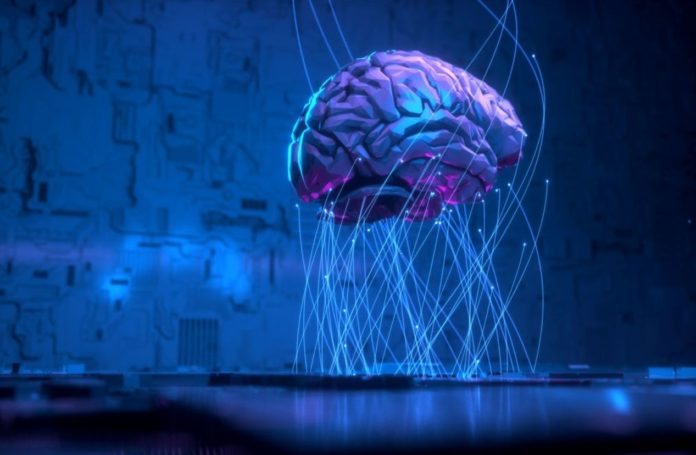By strengthening the machine learning systems that are used to identify new pharmaceuticals, the method, called transformational machine learning (TML) could speed up the identification and production of new drugs.
Engineers have devised a new machine learning approach that ‘learns how to learn’ and outperforms existing machine learning approaches for drug research, potentially speeding up the search for new illness therapies.
A team from the United Kingdom, Sweden, India, and the Netherlands created the transformational machine learning (TML) approach. It learns from a variety of problems and improves its performance while it learns.
By refining the machine learning systems that are used to identify new treatments, TML could speed up the identification and production of new drugs. The findings have been published in Proceedings of the National Academy of Sciences.
Most methods of machine learning (ML) rely on labelled instances, which are virtually usually represented in the computer using inherent properties like an object’s color or shape. After that, the computer creates generic rules that link the features to the labels.
“It’s sort of like teaching a child to identify different animals: this is a rabbit, this is a donkey and so on,” says Professor Ross King, the lead researcher from Cambridge’s Department of Chemical Engineering and Biotechnology.
“If you teach a machine learning algorithm what a rabbit looks like, it will be able to tell whether an animal is or isn’t a rabbit. This is the way that most machine learning works – it deals with problems one at a time.”
Human learning, on the other hand, does not function this way: rather than dealing with a single problem at a time, we improve our ability to learn by applying what we have learned previously.
“To develop TML, we applied this approach to machine learning, and developed a system that learns information from previous problems it has encountered in order to better learn new problems,” says King, who is also a Fellow at The Alan Turing Institute.
“Where a typical ML system has to start from scratch when learning to identify a new type of animal – say a kitten – TML can use the similarity to existing animals: kittens are cute like rabbits, but don’t have long ears like rabbits and donkeys. This makes TML a much more powerful approach to machine learning.”
The researchers tested their theory on hundreds of issues from many fields of science and engineering. They claim it has special promise in the field of drug discovery, because this method speeds up the process by comparing what other machine learning models have to say about a given chemical.
For example, a typical ML technique would look for medicinal compounds with a specific form. TML, on the other hand, makes use of the medications’ connections to other drug discovery difficulties.
“I was surprised how well it works – better than anything else we know for drug design,” says King.
“It’s better at choosing drugs than humans are – and without the best science, we won’t get the best results.”
Source: 10.1073/pnas.2108013118
Image Credit: iStock
You were reading: Transformational machine learning(TML): ‘learns how to learn’
